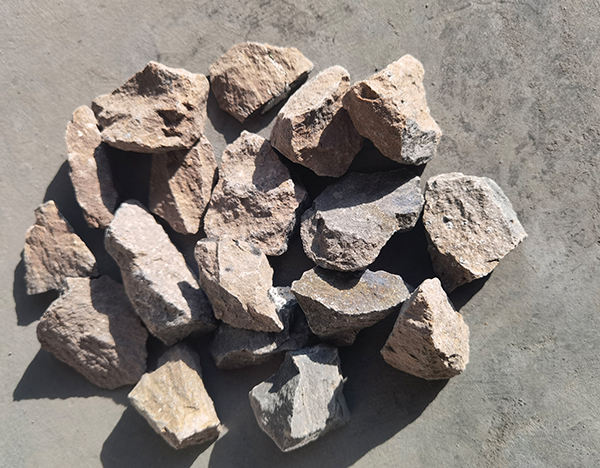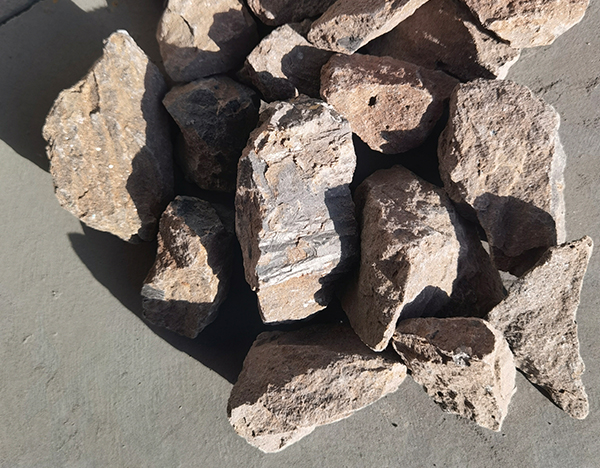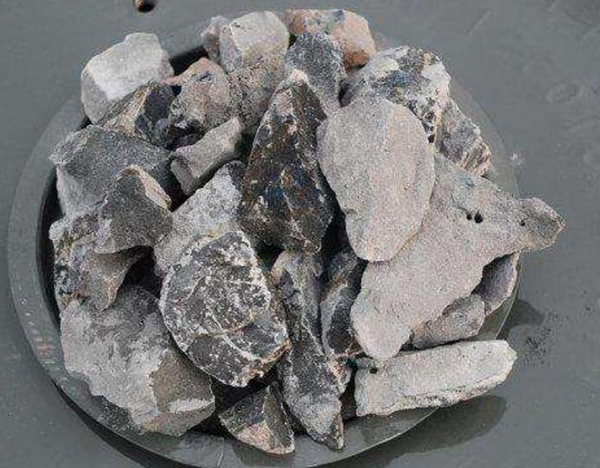
Calcium carbide, with the chemical formula CaC₂, is a significant industrial raw material. Physically, it has a high melting point of around 2300 °C, which endows it with excellent thermal stability under high - temperature industrial environments. It is insoluble in most common solvents but shows a certain degree of conductivity when in a molten state. Chemically, it is extremely reactive, especially when reacting with water. This reaction generates acetylene gas (C₂H₂) and calcium hydroxide (Ca(OH)₂), a process that is widely used in various chemical synthesis reactions.

In the electronics industry, calcium carbide plays an important role. The acetylene gas produced from calcium carbide can be used in the synthesis of some special - purpose organic electronic materials. These materials are crucial for the production of high - performance electronic components. In recent years, with the rapid development of the electronics industry, the demand for such special - purpose materials has been increasing, and the application potential of calcium carbide in this field is also expanding. Currently, calcium carbide - related materials account for about 15% of the raw materials in some high - end electronic component production processes.
Calcium carbide is also widely used in the metallurgy industry. Due to its strong reducing property, it can be used as a reducing agent in some metal smelting processes, helping to extract pure metals from their ores. For example, in the production of some rare - earth metals, calcium carbide can effectively reduce the oxides of these metals, improving the purity and quality of the final products. It accounts for approximately 20% of the reducing agents used in certain rare - earth metal smelting processes.
The most well - known application of calcium carbide is in the chemical industry. The acetylene produced by the reaction of calcium carbide with water is a basic raw material for many chemical products, such as PVC (polyvinyl chloride), synthetic rubber, and synthetic fibers. According to market research, calcium carbide - derived acetylene contributes to about 60% of the raw materials for PVC production globally, making it an indispensable part of the chemical industry chain.

A well - known chemical enterprise has successfully used calcium carbide in its production process. By optimizing the reaction conditions of calcium carbide and water, the enterprise has increased the yield of acetylene by 15%, reducing production costs by about 12%. The high - quality acetylene produced is then used in the production of PVC, improving the quality of the final product and enhancing the enterprise's market competitiveness. This case shows that with proper application, calcium carbide can bring significant economic benefits to enterprises.
Currently, the global market share of calcium carbide in the industrial field is constantly expanding. In the past five years, the annual growth rate of calcium carbide consumption in the chemical industry has reached about 8%. In the electronics and metallurgy industries, the growth rate is also around 5% and 6% respectively. These data indicate a bright future for the application of calcium carbide in various industries.

Looking ahead, calcium carbide is expected to have more extensive applications in the industrial field. With the continuous development of new technologies, the application scope of calcium carbide in emerging industries such as new energy and environmental protection may also expand. For example, the acetylene produced from calcium carbide can be used in the production of some new - type energy - storage materials, which will bring new opportunities for the development of calcium carbide.











